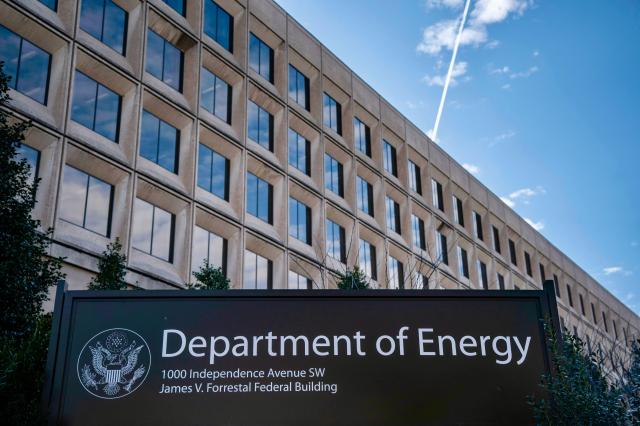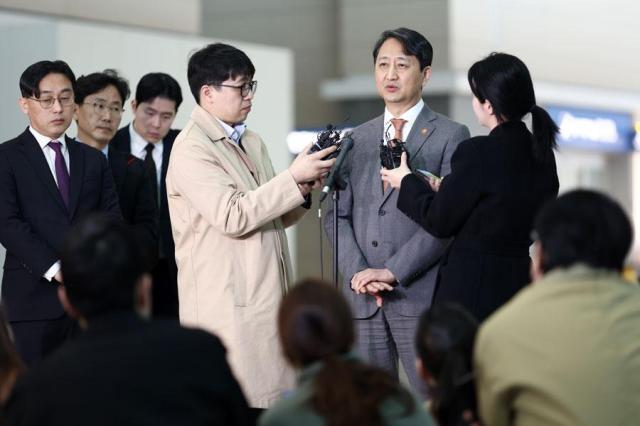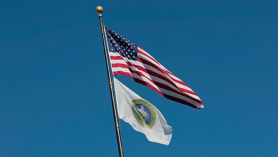
Such a classification by the U.S. Department of Energy (DOE) could restrict bilateral cooperation in scientific and advanced technologies, as new procedural requirements are likely to cause unavoidable disruptions.
Once it takes effect, researchers from the listed country will be required to submit relevant documents and obtain separate approval at least 45 days before visiting any U.S. laboratories. Additional security procedures will also apply when DOE officials or affiliated researchers visit or engage with them.
Seoul has been seeking to have it lifted, after belatedly realizing that the country was added to the list in early January, along with countries like China, Iran, North Korea, and Russia, which are deemed to pose risks to U.S. national security, nuclear nonproliferation, and economic interests.
Even though South Korea falls into the lowest tier of "other designated countries" on the list, the DOE's lack of clarity has baffled many pundits here, raising concerns about potential fallout for bilateral relations as well as regional security.
First Vice Foreign Minister Kim Hong-kyun said during a National Assembly session the previous day that lifting the measure "may take some time" due to internal procedures within the DOE.

Ahn Duk-geun, the minister of Trade, Industry and Energy visited Washington, D.C. last month to meet with Secretary of Energy Jennifer Granholm. Both sides are said to have reached a consensus on removing South Korea from the list, but additional time seems to be required to complete some administrative procedures.
A government official here said, "The two countries are continuing to work together to resolve the issue."
Copyright ⓒ Aju Press All rights reserved.


